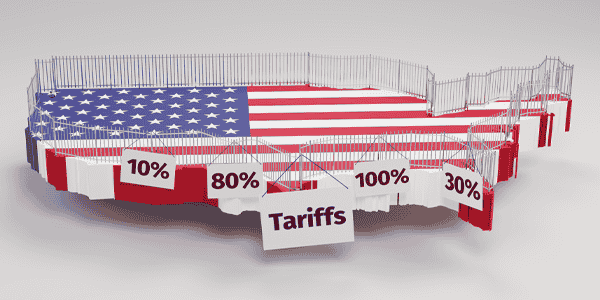Hidden budget clauses threaten the lifeblood of foreign capital
Read Time: 2 min
The United States lives on foreign investment—and foreign investors rely on U.S. markets. Yet a little‑noticed provision buried deep in the latest Republican budget, known as Section899, threatens that relationship. The clause would allow the Treasury secretary to slap a 5–20percent levy on the interest, dividends, and rent that flow to investors in countries branded as having "unfair" tax regimes.
That surcharge could shave returns for overseas pension funds, sovereign‑wealth pools, and individual savers across the developed world. Multinationals operating in America would also be caught when they try to repatriate profits.
A fragile moment for U.S. borrowing
The timing could hardly be worse. Foreigners already hold roughly$62trillion in American assets—including about one‑third of the federal debt—while Americans own just$36trillion abroad. With Washington poised to run annual deficits of 6–7percent of GDP for years to come, the government needs deep overseas demand for its bonds more than ever. If the bond market suspects that future rules could widen the tax net, Treasury yields would climb and deficits would balloon.
Global fallout
Capital protectionism would hurt not just America but the world. Other countries might survive restricted access to the U.S. goods market—American consumers account for only about 15percent of global import demand. But access to Wall Street is different: U.S. shares make up roughly 60percent of global equity value, and the dollar remains the reserve currency. Shut out foreign capital and you distort global allocation, erode diversification benefits, and leave the world economy poorer over time.
A "negotiating chip" that could stick
Supporters insist Section899 is merely leverage, aimed at nations that tax American tech giants through "digital‑services" levies. Yet history shows that once a tax is on the books, its scope rarely shrinks. No U.S. constituency exists to defend foreign investors, and Congress has been reluctant to curb self‑harming protectionism. If hostility to overseas capital takes hold, the eventual damage will dwarf any short‑term negotiating victory.



